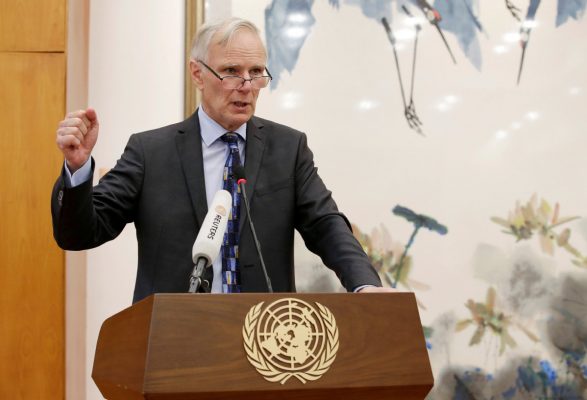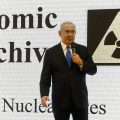
ACCRA — A UN human rights expert, Philip Alston, on Wednesday said unless Ghana addressed growing inequality and continuing high poverty rates, the country would fall far short of meeting the key UN Sustainable Development Goals, including the eradication of extreme poverty by 2030.
Speaking to journalists after ending a 10-day fact-finding mission to three regions in Ghana, Alston, who is the UN Special Rapporteur on extreme poverty, said though Ghana was hailed as a champion of African democracy and had achieved some important development milestones, inequality and poverty levels had increased over the years.
The most recent official data from the statistical service of Ghana for 2012-2013 revealed that almost one-quarter of the population were living in poverty and one person in every 12 in extreme poverty.
Three-and-half million of those in poverty are children, with more than a third of them in extremely poverty.
“The rich are getting richer,” according to Alston, adding that inequality continued to grow strongly in Ghana but that money was not trickling down and the successes in the economy had not been creating jobs.
He called on the government to pay special attention to social protection by increasing spending on social protection.
“I admire the innovation; I admire the efforts to stimulate the economy to try to bring in more private capital and so on. But these programs are not designed and would not result in improving the situation of those living in poverty. The only way to do that is through redistribution,” Alston said.


